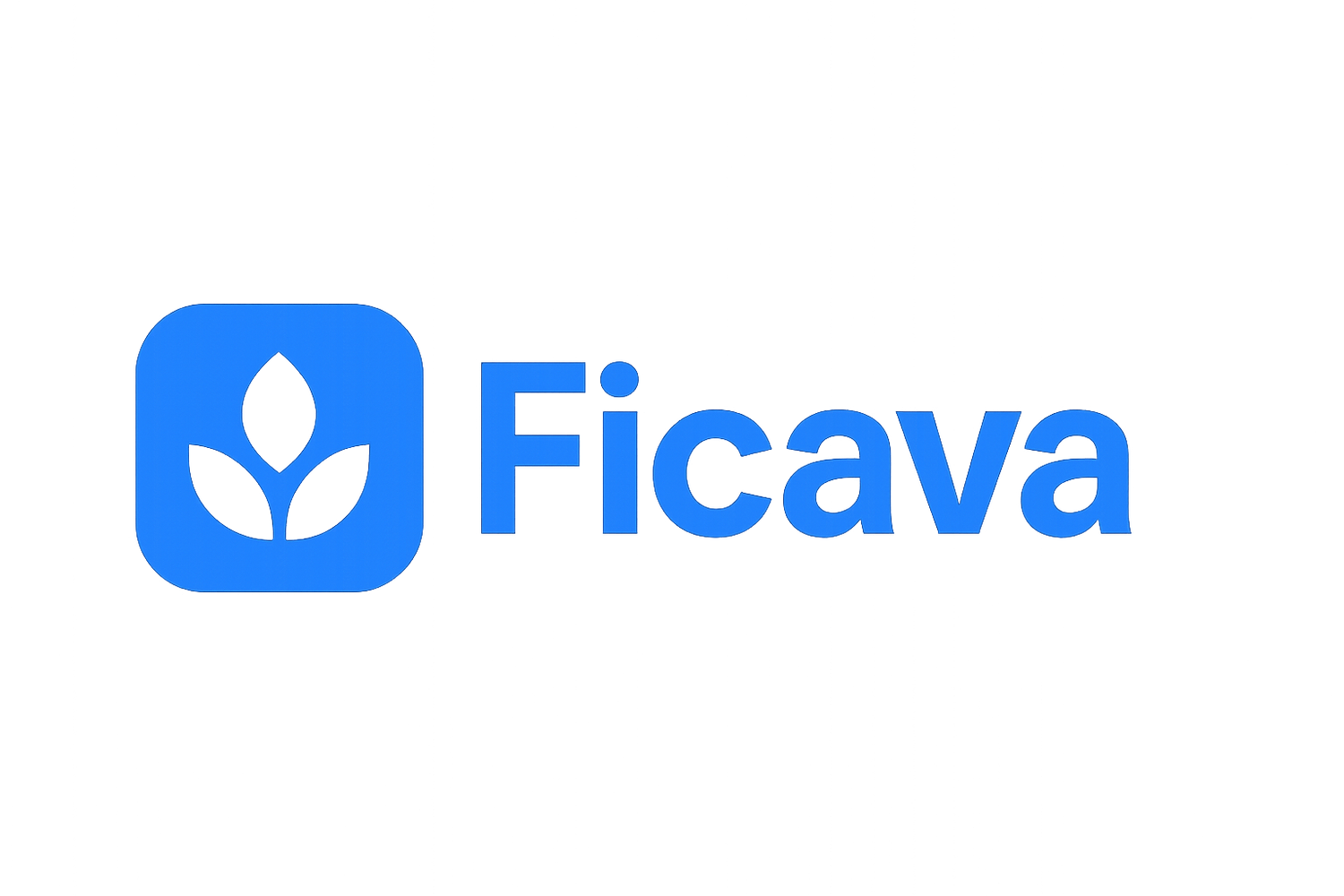How It Works
The Preventive Care Management Program (PCMP) is a modern employee benefit strategy that allows employers to offer real wellness benefits—while saving significantly on payroll taxes. Here's a breakdown of how it works, why it's compliant, and why both employers and employees benefit.
1. Pre-Tax Payroll Contribution
Each enrolled employee agrees to have a fixed amount deducted from their paycheck on a pre-tax basis. This deduction is set up through the employer’s existing payroll system, under a Section 125 cafeteria plan.
Because it’s pre-tax, this contribution reduces the employee’s taxable income, which results in lower payroll taxes (FICA) for the employer.
2. Post-Tax Reimbursement to the Employee
Here’s the key: that same amount is reimbursed to the employee on a post-tax basis, within the same payroll cycle. The employee’s take-home pay remains unchanged—they aren’t “out” any money.
This structure ensures employees receive the full value of the benefit with no reduction to their net paycheck.
3. Employer Tax Savings
Because the employee’s taxable income is lowered by the pre-tax deduction, the employer pays less in payroll taxes, specifically FICA (Social Security and Medicare). On average, this results in over $600 in savings per employee per year.
These savings are captured automatically through payroll—no extra steps required after initial setup.
4. Wellness Program Delivery
The funds deducted from payroll are used to deliver actual wellness services to employees. These include:
Preventive care coaching
Telehealth access
Prescription discount programs
Mental health support
Chronic care management tools
All services meet IRS definitions for qualified medical expenses under Section 213(d). The program is fully turnkey, with no additional admin burden for HR teams.
5. Regulatory Compliance
PCMPs are structured to comply with:
IRS Section 105(b): Allows for employer-provided reimbursements for qualified medical expenses
IRS Section 106(a): Permits pre-tax contributions for health benefits
IRS Section 213(d): Defines what counts as a qualifying medical expense
ACA Penalty A & B: PCMPs can be paired with Minimum Essential Coverage to meet Affordable Care Act mandates
Legal plan documents and full compliance infrastructure are included in program implementation.
6. Seamless Setup
Ficava works directly with employers and their payroll providers to implement the program. Setup includes:
Plan documentation and onboarding
Payroll configuration and deduction mapping
Employee communication materials
Compliance monitoring and audit support
Most companies are fully onboarded and live within 30 days.
In Summary
With PCMP, employers can:
Offer meaningful health and wellness benefits
Save $600+ per employee annually in FICA taxes
Stay compliant with IRS and ACA requirements
Avoid reducing employee take-home pay
Access a fully managed, low-lift implementation
It’s a win for Finance, HR, and your entire workforce.
